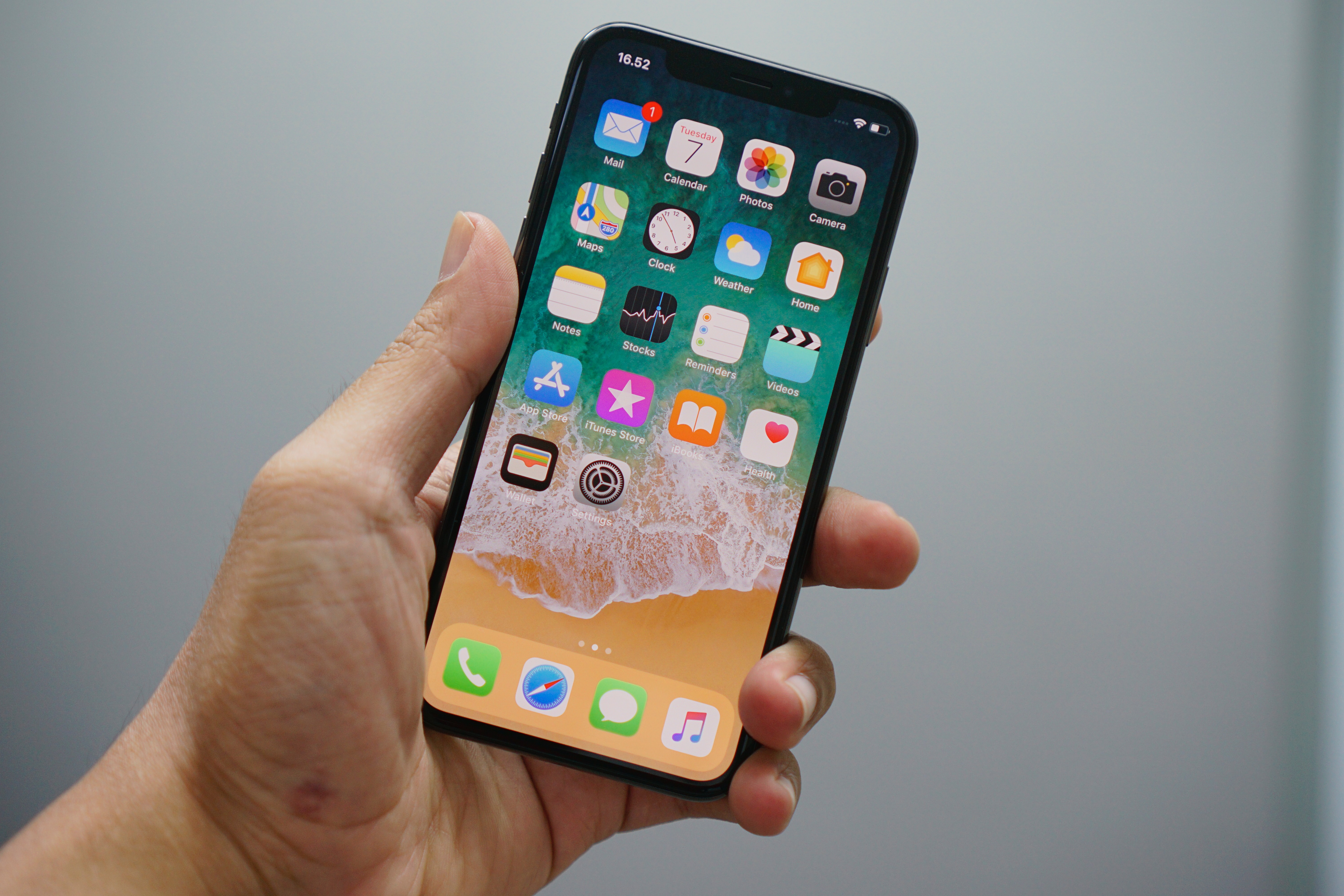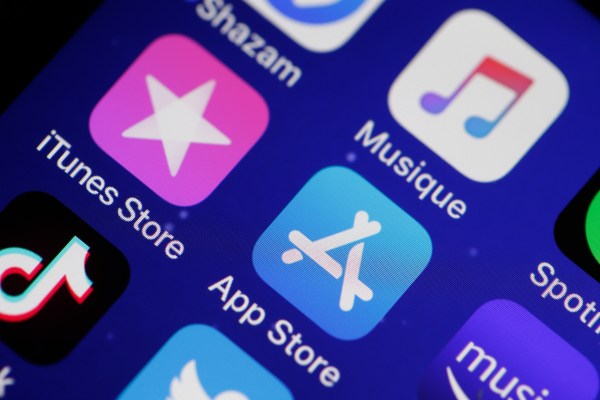Last week, Apple caved to the Chinese government and pulled an app called HKmap.live that was being used by Hong Kong protestors to crowdsource the location of police forces.
While Apple CEO Tim Cook defended Apple’s stance, the move is a reminder that Apple is the only judge and jury regarding what’s acceptable in the App Store — but as mobile devices are integrated into more aspects of our lives, it’s getting harder to justify such tight control over their software.
The current state of the App Store is a great example of the risks of running a marketplace that becomes too big. It also shows that we can expect wide-ranging marketplace regulation in the near future.
The App Store as video game console
Before Apple introduced the App Store in 2008, companies could distribute third-party apps and web services without oversight; consumers could buy floppy disks, download software from the internet or connect to any website.
But with the App Store, Apple decided to control the user experience from approval to distribution. And it has been a massive economic success. There are more than 2.2 million apps in the App Store that have generated over 130 billion downloads.
In many ways, the iOS app ecosystem works more like a video game console than a computer — developers submit games and apps to the maker of the platform, which starts a review process to see if third-party content complies with guidelines. If so, developers may list their game or app on the platform.
The PlayStation 4 has been around for six years and Sony has approved 2,294 games in total, around 380 games per year. Due to the sheer size of the App Store, Apple has faced challenges that console manufacturers have never faced.
Review guidelines are poorly enforced
Apple has written the App Store Review Guidelines, a lengthy document intended to answer all questions about what’s acceptable — but those rules are not enforced consistently, and the App Store isn’t a level playing field, discrepancies I’ve pointed out in the past.
As an example: rule 4.3, titled “Spam:”
Don’t create multiple Bundle IDs of the same app. If your app has different versions for specific locations, sports teams, universities, etc., consider submitting a single app and provide the variations using in-app purchase. Also avoid piling on to a category that is already saturated; the App Store has enough fart, burp, flashlight, and Kama Sutra apps already. Spamming the store may lead to your removal from the Developer Program.
And yet, customers can find plenty of categories with app duplicates and companies trying to game the App Store. For example, I found 13 different VoIP apps released by four companies. Each company had multiple versions of the same app in order to pick different names, keywords and categories to optimize search results.
When I pointed this out to Apple, they removed most of the duplicates in less than 24 hours, but it can’t remain the single source of truth if it doesn’t enforce its own rules properly.
Similarly, as Under the Radar recently pointed out, some developers will always find ways to abuse the App Store. For instance, shady developers acquire apps with a lot of positive ratings, transfer those apps to their own developer account, push updates with expensive weekly recurring subscriptions and take advantage of Apple’s obscure process to cancel subscriptions.
Economic interests first
In its most recent earnings release, Apple reported that Greater China represented 17% of the company’s revenue. The company also manufactures the vast majority of its products in Chinese factories. Apple has a lot to lose in China.
That’s why Apple’s actions in China don’t reflect the company’s principles. Cupertino claims to care deeply about privacy, but it uploads iCloud user data to a state-owned mobile operator in China.
The company says that it cares deeply about privacy but uploads iCloud user data to a state-owned mobile operator in China
Apple first removed HKmap.live from the App Store, then authorized the app again before removing it one more time. The only thing that changed between the first second removal is that the Chinese government started openly criticizing Apple about that specific case.
“This app violates our guidelines and local laws, and we have removed it from the App Store,” Apple wrote in a statement. The developers of HKmap.live have compared their app to Waze, a Google-owned navigation app that lets users share police activity with others.
Once again, Apple doesn’t treat police-location-sharing apps the same way. The rules aren’t enforced in a predictable manner as it depends on geographical context, political context and of course economic interests.
This is also true when it comes to scams. There are simply too many apps and too many ways to make quick money on the App Store. Apple can’t catch all bad actors with the app review process.
Even worse, scams generate revenue for Apple, which greatly delegitimizes the company’s defense when it has to react to public outcries.

Regulatory risk
Many people are starting to notice that Apple’s App Store policies are no longer sustainable, including regulators. The ARCEP, France’s equivalent of the FCC in the U.S., has a good take on why the App Store and Play Store should be regulated.
Apple forces third-party developers to sign non-disclosure agreements so that they don’t publish rejection notices
I interviewed ARCEP president Sébastien Soriano on this topic last year, and he drew parallels between net neutrality and the devices that we use — and more particularly the operating systems and app stores.
“With net neutrality, we spend all our time cleaning pipes, but nobody is looking at faucets,” Soriano said. “Everybody assumes that the devices that we use to go online don’t have a bias. But if you want to go online, you need a device just like you need a telecom company.”
In other words, regulators fight so that internet services are treated equally, whether it’s Amazon Prime Video or archive video from the public library next door. But nobody is looking at the apps on our phones.
The App Store faces multiple regulatory risks:
- Apple prioritizes default apps and services over third-party apps. As Spotify wrote in a complaint with the European Commission, iPhone owners can’t replace their default music app.
- Apple controls the search algorithm and includes its own apps in the search results. This has created issues in the past. Even if Apple wants to control distribution, there should be alternative search engines just like on the open web.
- Apple controls what’s allowed on the App Store without any external oversight and forces third-party developers to sign non-disclosure agreements so that they don’t publish rejection notices. There’s no appeal mechanism with a neutral actor.
That last argument is key, a some of the clauses in the App Store rules are clearly unbalanced. Third-party developers fight an unfair fight with Apple as they can’t get together and form unions to contest Apple’s decisions — they can’t even discuss Apple’s rejection notices.
Amazon, another popular marketplace that generates the majority of its revenue from third-party sellers, has had to make changes to its terms of service following an investigation from Germany’s Federal Cartel Office. Among other changes, Amazon agreed to reduce confidentiality requirements.
While tech regulation mostly focuses on privacy and content moderation for now, marketplace transparency will likely become the next focus of wide-ranging tech regulation, starting with the App Store.
“We shouldn’t be surprised when a closed marketplace favors itself. That’s just a natural thing to happen,” Automattic CEO Matt Mullenweg told me in a recent interview. “We should be mad at ourselves for not demanding on relying on something more open.”
